
E-mails plus intelligents, affaires plus rapides. Marquage, analyse et réponse automatique aux demandes de devis, devis, commandes, etc. — instantanément.
Tendances
Engine Anti-Ice Tests Advance 737-10 Certification Amid Increased Deliveries
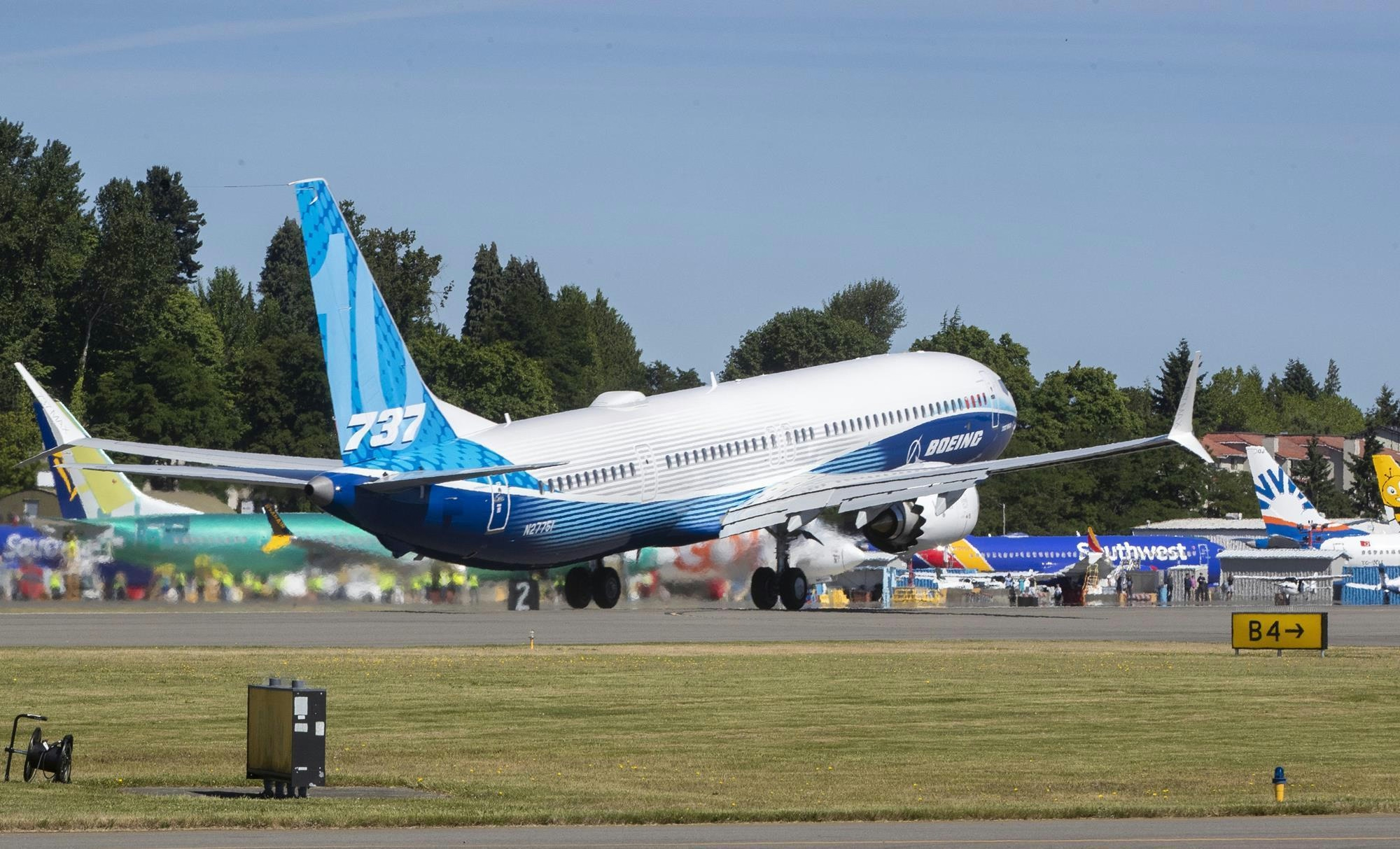
Engine Anti-Ice Tests Propel 737-10 Certification Amid Rising Deliveries
Boeing’s 737-10 program is advancing steadily toward certification, with recent efforts concentrated on comprehensive testing of the engine anti-ice system. This phase is crucial to ensuring the aircraft complies with the rigorous safety standards mandated by international aviation authorities. The engine anti-ice system’s performance and reliability are under intense evaluation, as any deficiencies could delay certification and hinder Boeing’s plans to accelerate deliveries.
Certification Challenges and Market Implications
The acceleration of 737-10 deliveries arrives at a critical juncture for Boeing, as the company aims to reinforce its competitive standing in the single-aisle aircraft market. However, the certification process is not without potential obstacles. Achieving full compliance for the anti-ice system is vital not only for regulatory approval but also to sustain confidence among airline customers and passengers. Any setbacks or technical issues could invite increased scrutiny from regulators and clients alike, potentially disrupting order fulfillment and delivery timelines.
Industry analysts emphasize that the dependability of the new engine and its associated systems will be closely monitored by airlines evaluating fleet modernization options. Should certification face delays, competitors such as Airbus may seize the opportunity to intensify marketing efforts for their aircraft, capitalizing on any perceived vulnerabilities in Boeing’s program. This competitive dynamic highlights the critical importance of a seamless and timely certification process for the 737-10.
As Boeing progresses with its testing and certification activities, the company remains committed to meeting both regulatory standards and customer expectations. The results of the engine anti-ice system evaluations will significantly influence the pace of future deliveries and Boeing’s capacity to maintain a strong position in the global single-aisle aircraft market.

Outlook for the Aviation Software Market Through 2033
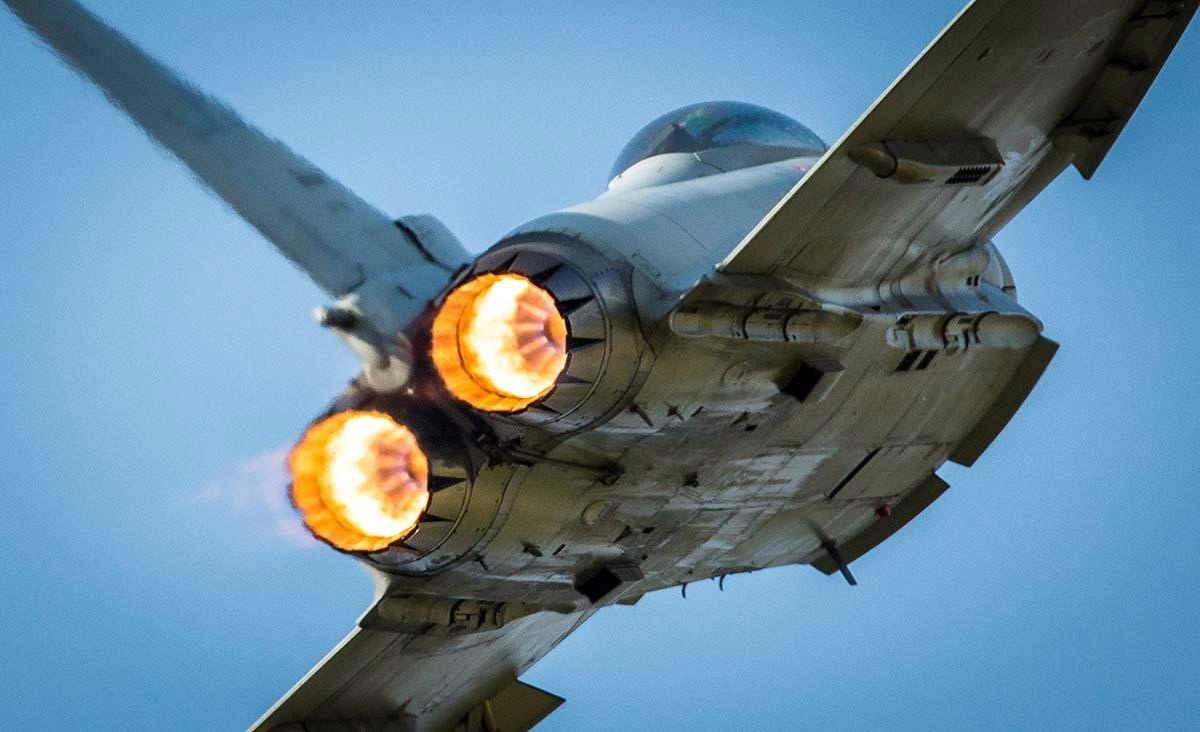
GKN Aerospace Extends Contract to Support Typhoon Fleet
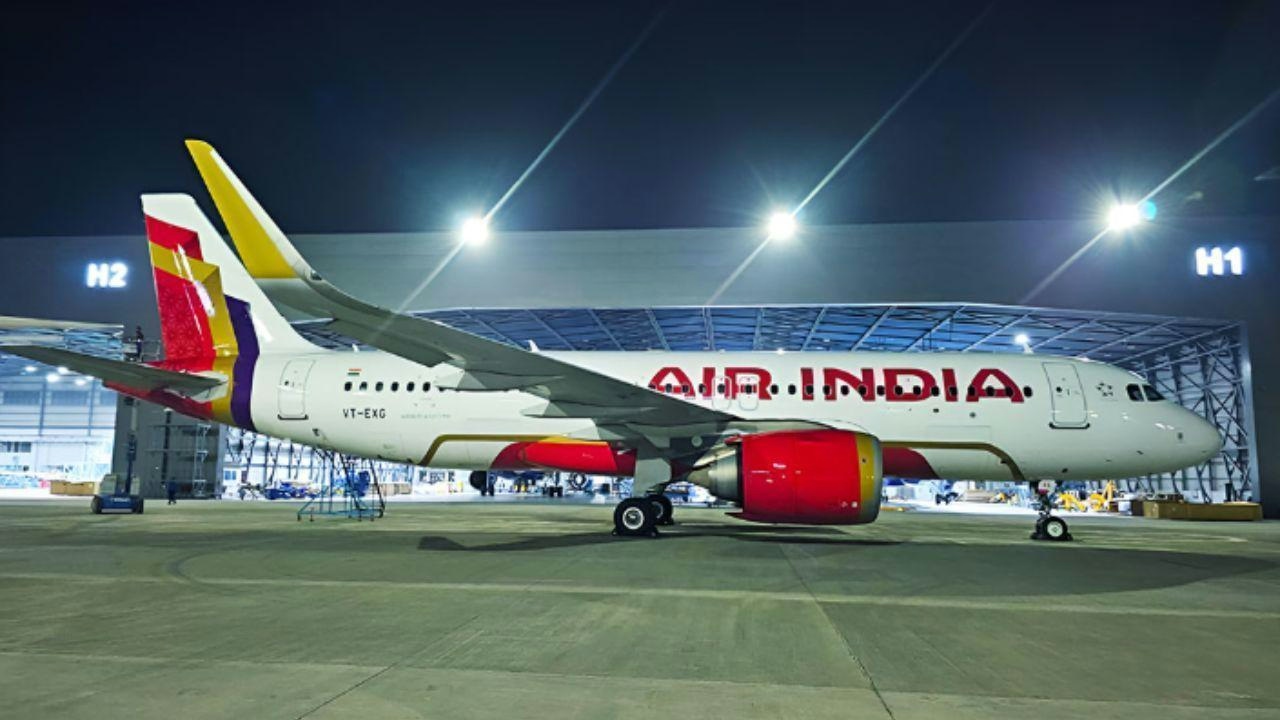
Air India Express Faces Allegations of Forging Maintenance Records
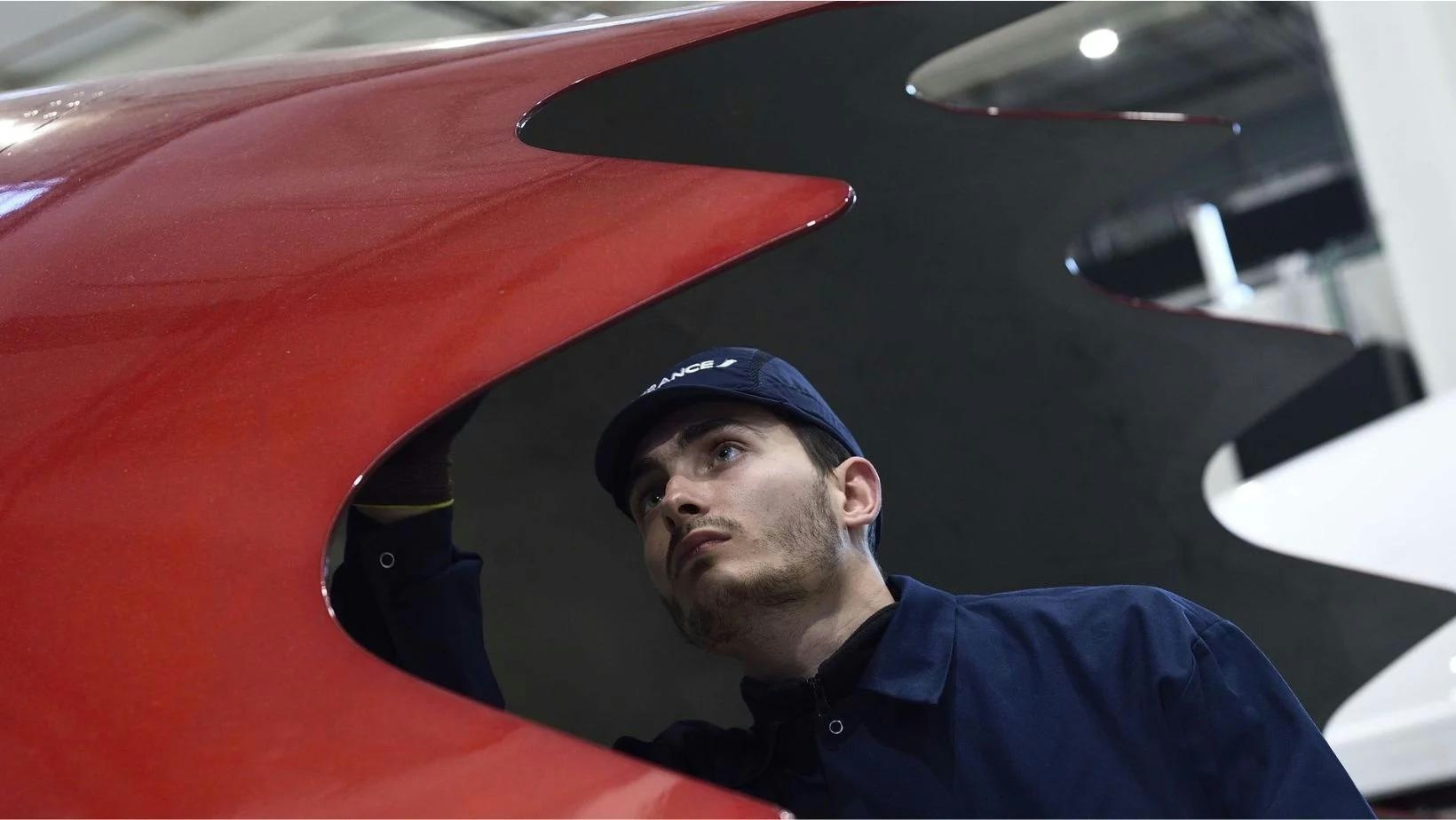
AAR and AFI KLM E&M to Form Joint Venture in Asia-Pacific

Aircalin Orders Two Airbus A350 Aircraft
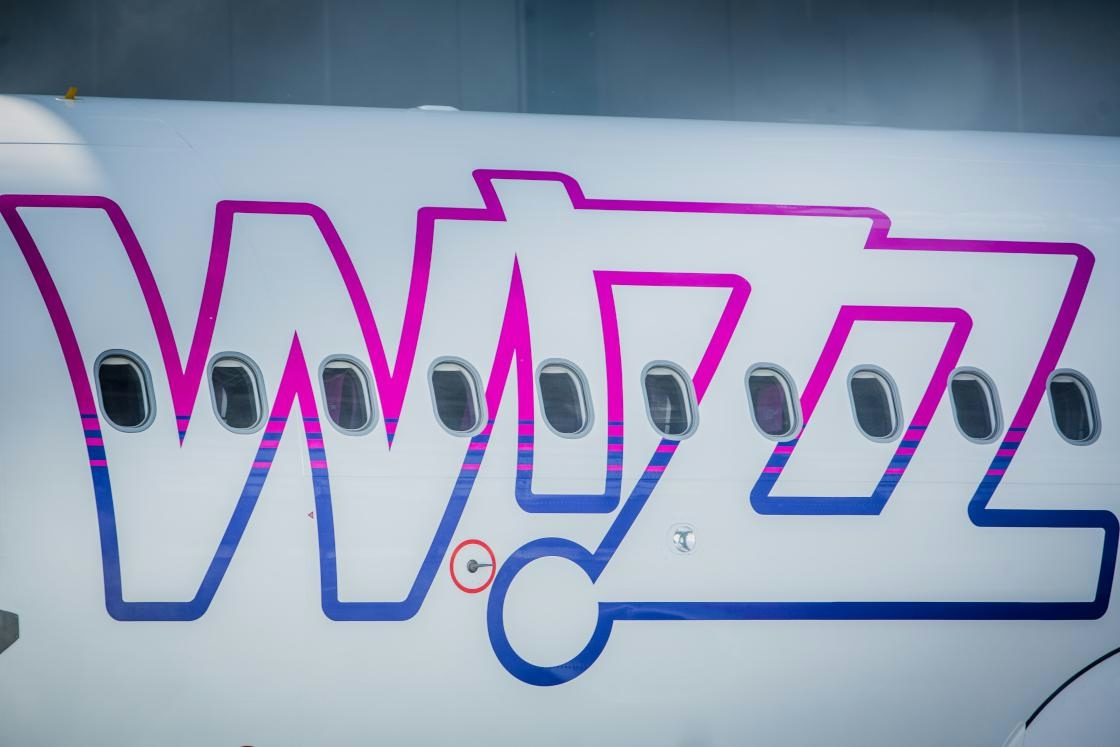
Wizz Air Introduces In-App Tool to Improve Travel Disruption Management in Europe
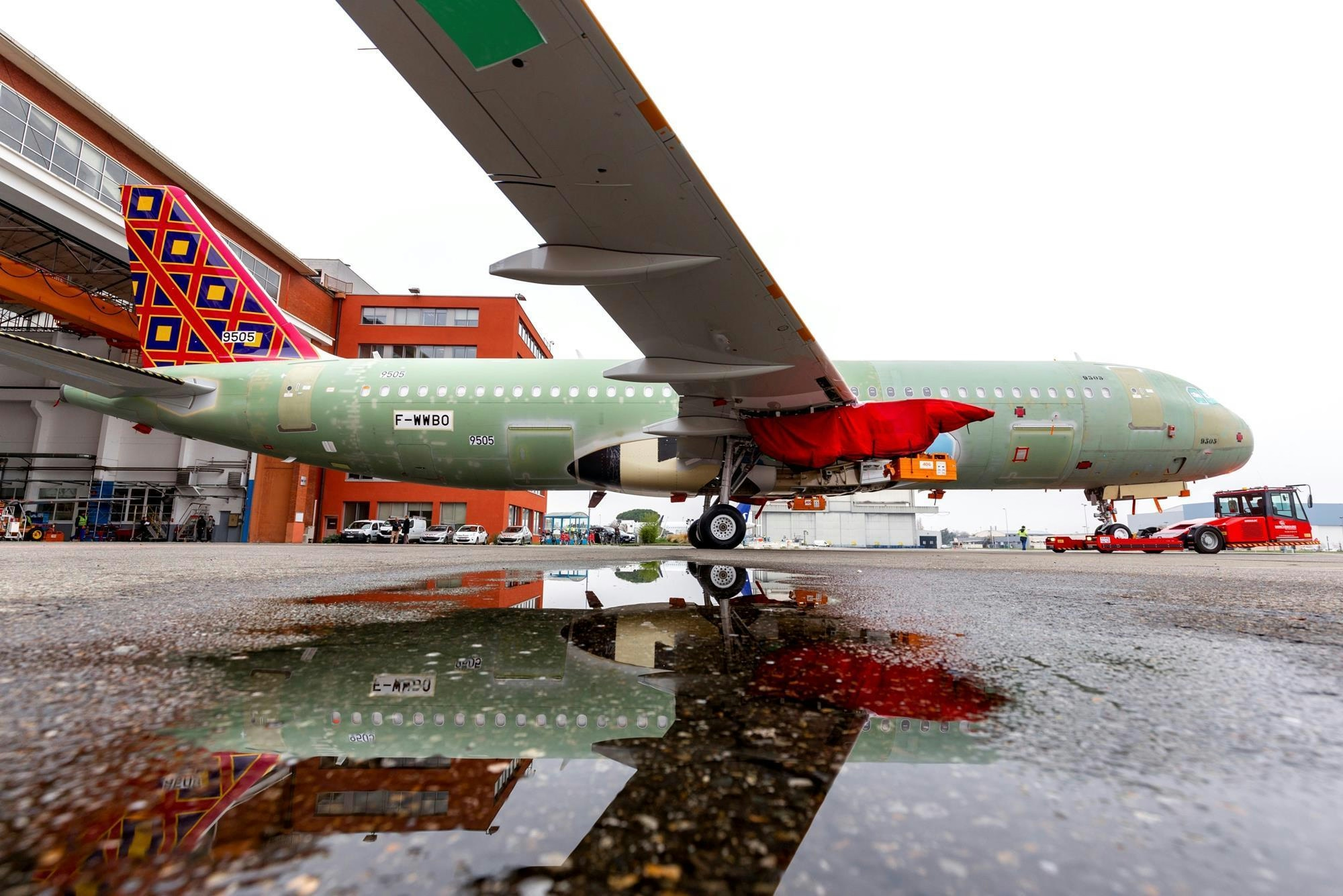
Lars Wagner Named CEO of Airbus Commercial Aircraft Effective 2026
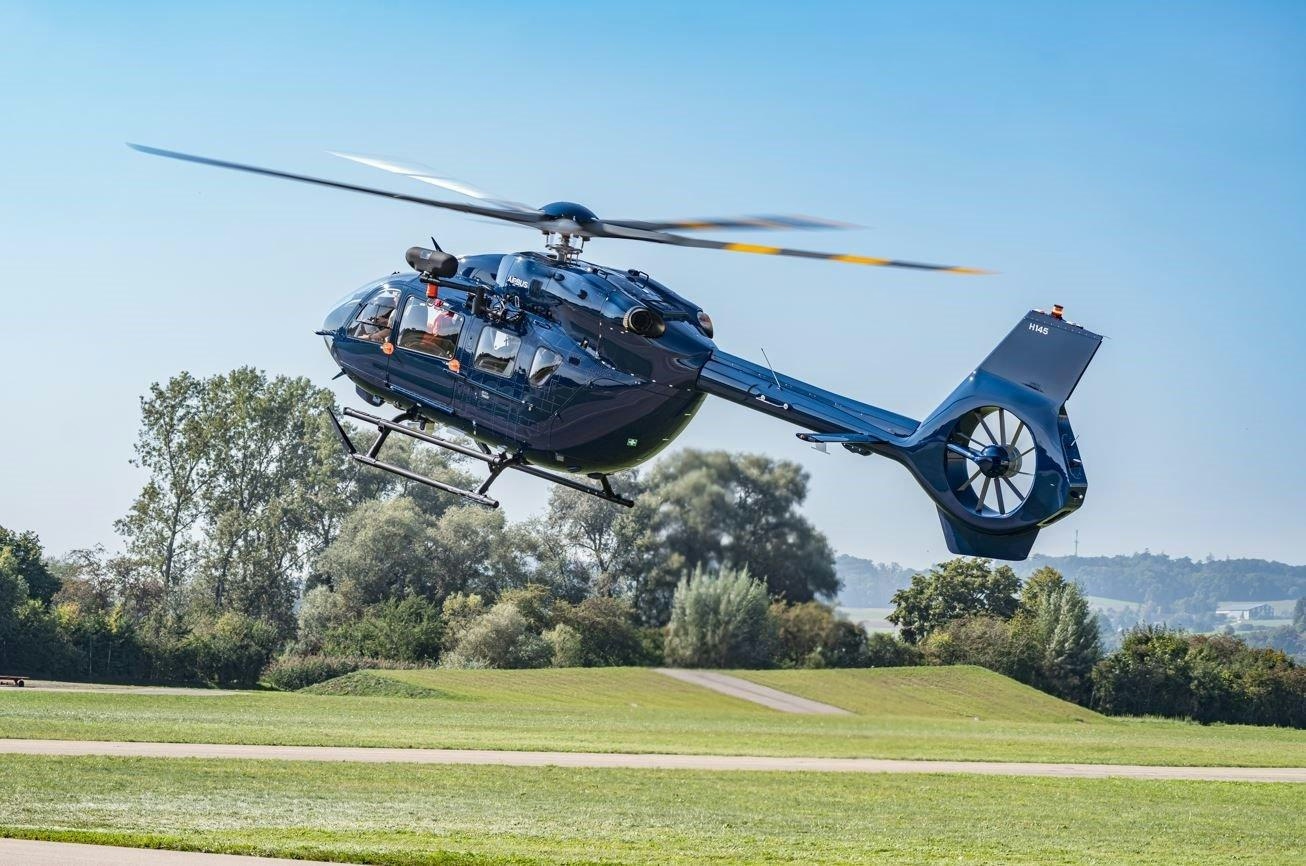
Bahrain Orders Nine Airbus H145 Helicopters
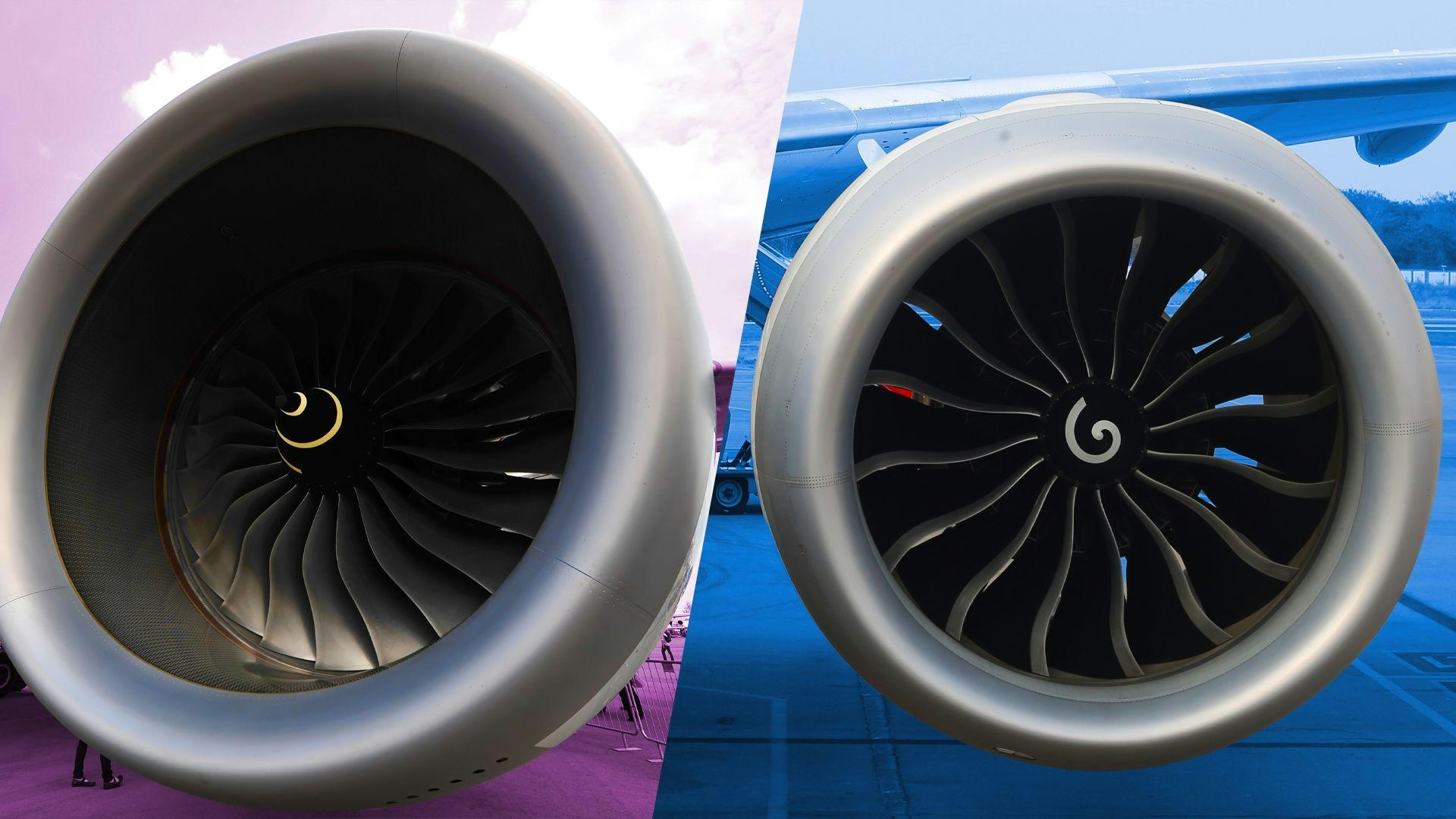
Why Some Airlines Are Choosing General Electric Over Rolls-Royce Engines
